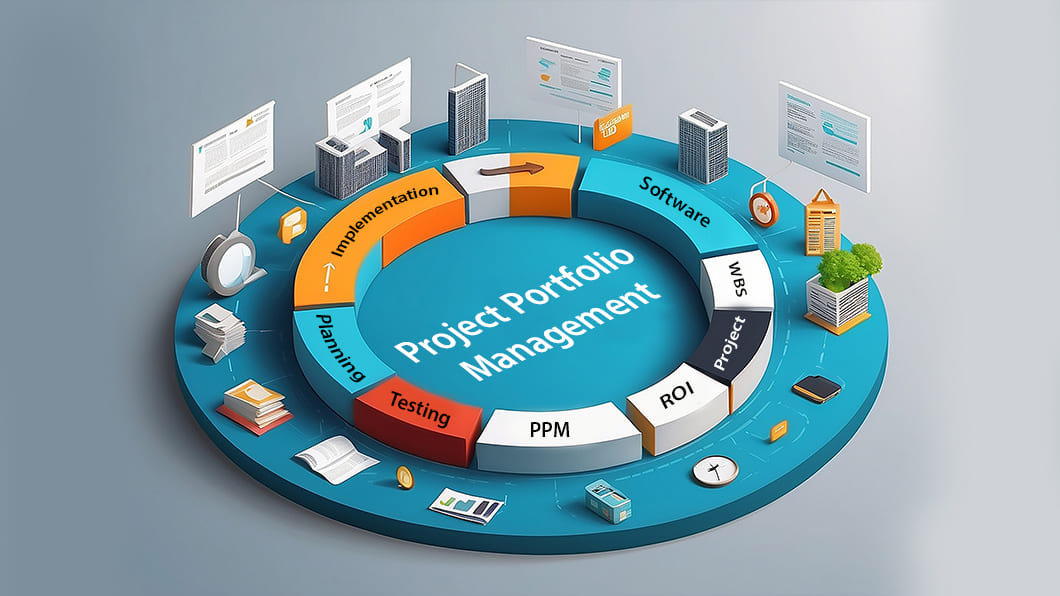The practical implementation of Project Portfolio Management Software will for many organisations present a variety of challenges and issues. Many companies have become unravelled with the complexity of the tools available or in the lack of executive sponsorship. We have compiled a list of several best practice recommendations that we think a business should be aware of when deploying Project Portfolio Management software, these are:
- Engaging the right people – In preparation for PPM adoption, the business must ensure that senior executives and key stakeholders have demonstrated their total commitment and ‘buy in’ for PPM, this a vital ingredient for success.
- Highlighting the reasons why – Establishing and justifying the main benefits of why Project Portfolio Management should be implemented is essential. This could be done via a PPM survey or a health check which will help the business to clearly identify the areas of pain. Ideally this should be followed up by the creation of a ROI model and the identification of both quantitative and qualitative benefits from its deployment.
- Selecting the right tools – Selecting the right tool will be critical to the successful deployment of Project Portfolio Management Software, careful consideration must be given to many aspects: the level of flexibility, scalability and usability of the tool set, as well as its suitability to the organisational culture and its ability to integrate with any existing systems.
- Testing tools and processes – Minimising the risks associated with implementing PPM is essential. Deploying a proof of benefit (PoB) will provide a view of the potential return on investment (ROI) and return on opportunity (ROO) that the Project Portfolio Management tool will deliver to the business. This is a small implementation conducted in a real life, but in a low risk environment and is a critical first step of the implementation phase.
- Implementation approach – The ‘big bang’ approach to implementing PPM should be avoided, your business may struggle to cope with the sudden changes that PPM will naturally bring. Instead the introduction of an incremental, phased approach will allow the business to tackle any problems on a smaller scale and will enable the business to benefit from any lessons learned.
Kytes PSA – Project Portfolio Management is an enterprise wide project planning and scheduling software which provides health dashboard where different parameters can be configured for any type of project. It helps you create detailed WBS planning and provides several reports and dashboards for tracking projects. Also, it’s feature of program management provides multiple information which can be consolidated at the program level like financials, schedule, quality metrics etc. Project dependencies can be created among projects of the same program.




